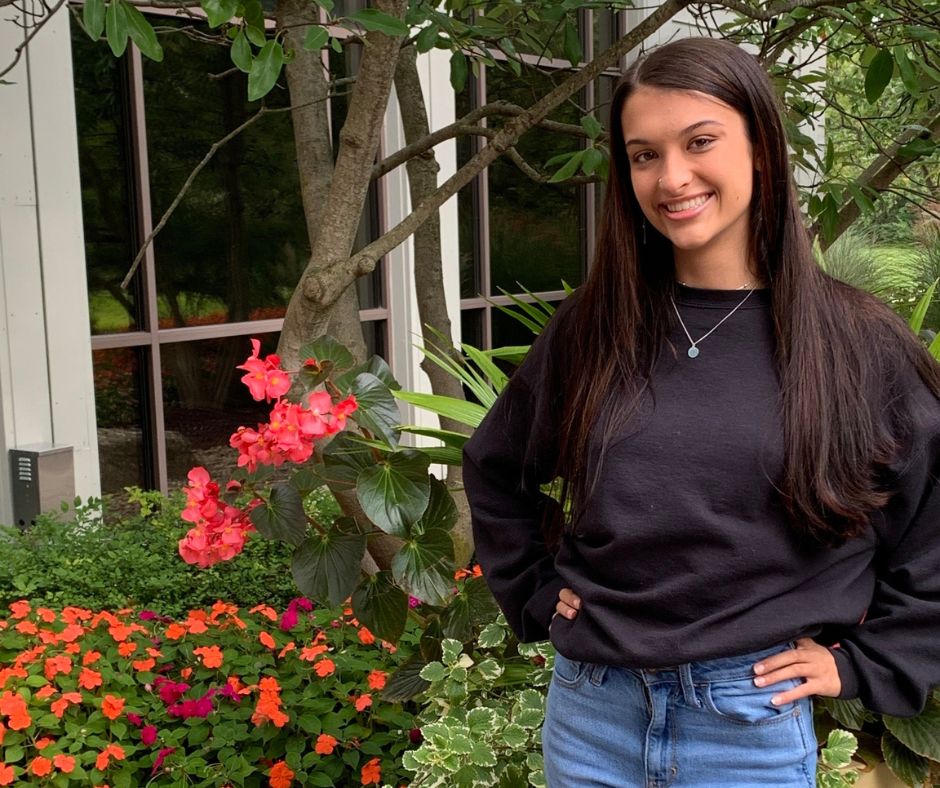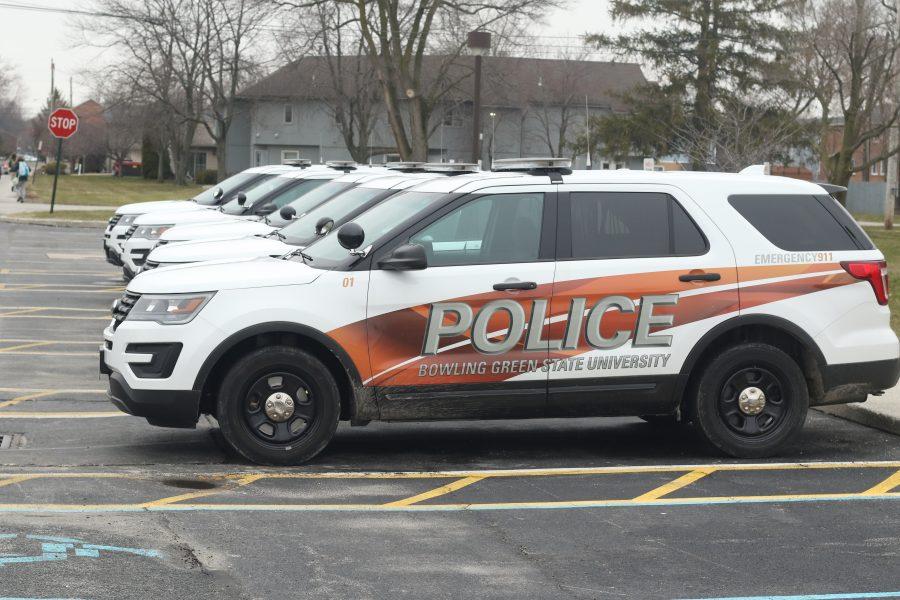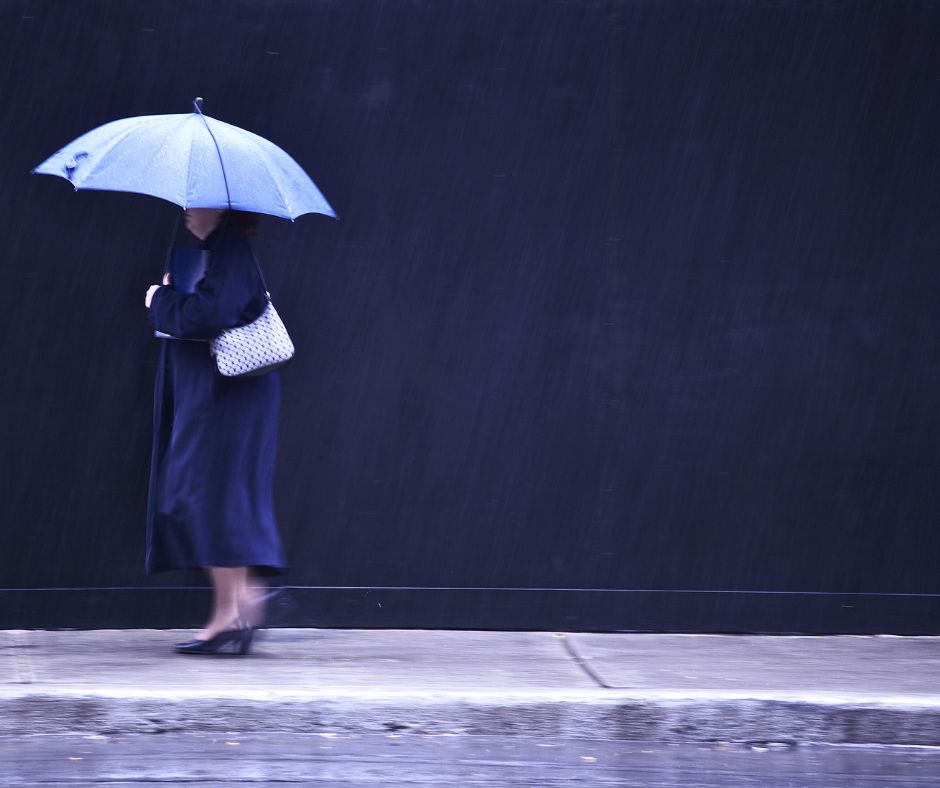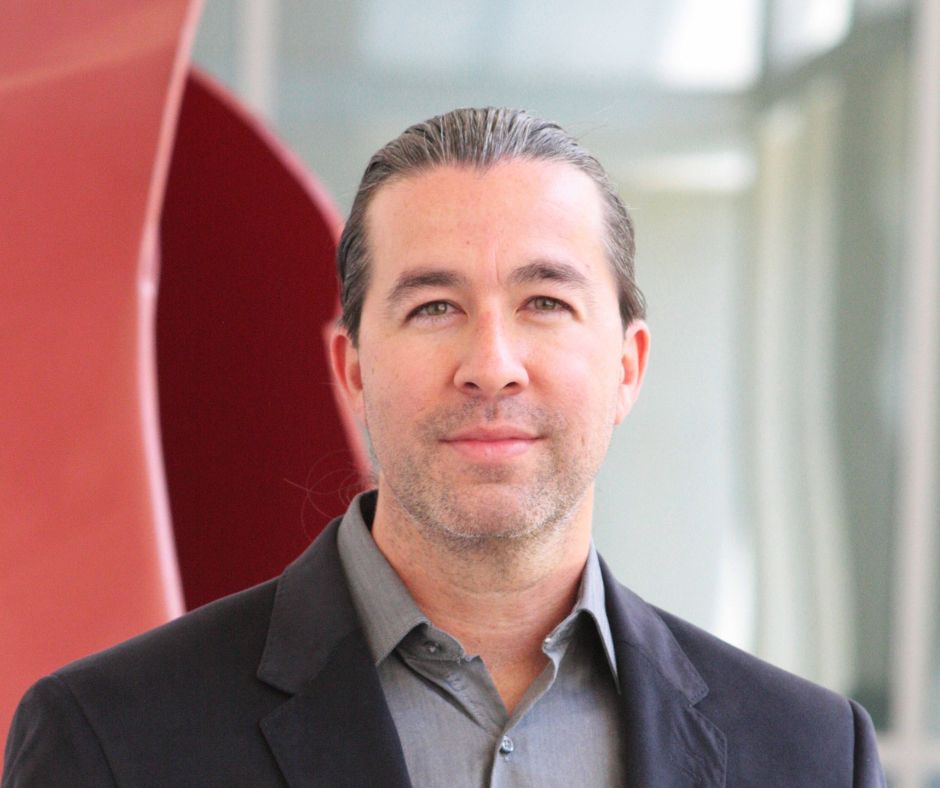From Fred Flintstone to ‘Friends’ to Farrah Fawcett, it was the foundational efforts of Ray Browne, who established the University’s Department of Popular Culture, that led to the study of such topics. Originator of the first popular culture department in the United States and, to some, the father of the term ‘popular culture,’ Browne died Oct. 22 of congestive heart failure at 87.
Browne established the department with colleagues in 1973, according to the Office of Marketing and Communications. A Distinguished University Professor Emeritus, Browne taught at the University from 1967 to 1992.
‘[He was] interested in new ways of thinking about things, sort of an explorer who really liked to break new ground and not do things the way they were always done or think about things the way people always thought about them,’ said Marilyn Motz, interim chair of the department.
William Schurk, University professor and sound recordings archivist at Jerome Library, worked and became good friends with Browne. They both came to the University in 1967 and collaborated to start the University’s popular culture library, now called the Browne Popular Culture Library.
‘Between the two of us, we brought that whole world of popular culture to a pinnacle here at the University,’ Schurk said. ‘I didn’t do teaching, he didn’t do library work, but together – watch out.’
Schurk said he and Browne went on trips to people’s homes, barns and garages, sometimes out of state, to collect donations made to the library’s budding collection. He recalled the two of them gaining a set of fiction magazines from a ‘dirty, musty, old barn’ in Fort Wayne, Ind., and remembered traveling to Cleveland, Chicago and New York City with Browne to accrue materials.
When the pair went to New York City, they looked at a sheet music collection that was for sale, and although they didn’t buy it due to its cost, Schurk said they still had a good time.
‘It filled an entire apartment. No furniture, nothing in the apartment except for sheet music,’ Schurk said. ‘We would’ve loved it.’
Browne faced a much bigger challenge than collecting materials for the popular culture library – he had to fight for his discipline’s credibility in order to start the department in the first place.
Motz said at that time, academics considered popular culture studies trivial, at the opposite end of the spectrum from traditional areas of study, including art, politics and economics.
‘The study of popular culture was very much frowned upon when he started the Department of Popular Culture, maybe not so much at BGSU, but in academia as a whole, on a national and international level,’ popular culture instructor Matthew Donahue said in an e-mail. ‘But after many years ‘hellip; hard work and determination, he prevailed,’ Donahue said. ‘Now it is hip to study popular culture, and universities across the country and internationally offer at least one course related to some topic of popular culture.’
Donahue, who earned his doctorate in American Culture Studies with an emphasis in popular culture from the University, became interested in the department after reading an article about it in Rolling Stone, published Oct. 6, 1988.
The article features Browne and discusses academia’s popular culture conflict, saying Browne had ‘been at the forefront of his discipline’s battle for credibility for more than twenty years,’ and that he said popular culture was not ‘still an embattled field.’
‘No, no longer. Fifteen years ago, if you’d asked that question, the answer would have been yes. Maybe even five or seven years ago. But not any longer,’ Browne told Rolling Stone.
Browne told the magazine he felt this way because he could detect ‘a sense of accomplishment and dignity and complete self-reliance’ at a joint convention of the American Culture Association and Popular Culture Association, both of which he founded, earlier that year in New Orleans.
Donahue said Browne, who taught one of his graduate classes and became a friend of his, wasn’t like some ‘highbrow egomaniac’ academics.
‘He was very down to earth and made you feel that anything was possible and any obstacle could be overcome,’ Donahue said. ‘His enthusiasm for the study of popular culture was never ending and his positive attitude was infectious.’
Donahue said he and Browne spent a lot of time discussing academia and popular culture, and that Browne was interested in his work.
‘He was always very supportive of my academic and creative efforts in the field of popular culture and encouraged me to pursue my dream … which was ultimately to teach popular culture at the university level,’ Donahue said, ‘a dream that has been achieved thanks to Dr. Browne.’ “
Browne also touched the life of Kent Anderson, a doctoral student in American Culture Studies, as he was co-chair of Anderson’s dissertation committee.
‘He was an inspiration,’ Anderson said. ‘He may have officially retired, but he never stopped working. And that kind of dedication is a rare quality.’
Anderson said he asked Browne to be on his committee because his dissertation involves western films, and Browne knew a great deal about westerns and popular culture’s myth of the frontier.
‘He was one of the principle reasons that my dissertation moved forward,’ Anderson said. ‘And I wouldn’t say that I have abandoned it at this point, but I certainly have much less enthusiasm for it now.’
Anderson described his project as somewhat old-fashioned and said it’s hard to find other academics with the same degree of interest that Browne had.
‘It’s really kind of impossible to replace him,’ Anderson said.
An Alabama native who picked cotton during the Depression and served in World War II, Browne published the Journal of Popular Culture in 1967, started the Bowling Green Popular Press in 1970 and created the Journal of American Culture in 1978, according to the Office of Marketing and Communications. The Smithsonian Institution consulted Browne on matters dealing with popular culture, and he was often quoted by the media and was featured on several television shows, including BBC News, the CBS Evening News and the Phil Donahue show. He edited or wrote over 70 books and continued to donate his work and pieces from his personal collection to the Browne Popular Culture Library after his retirement.
‘Dr. Browne made it legitimate to study, document and research popular culture and elevate its status into the world of academia,’ Donahue said. ‘[He] would want people to carry on despite his passing, in that he lived his dream and would encourage others to live theirs.”






















